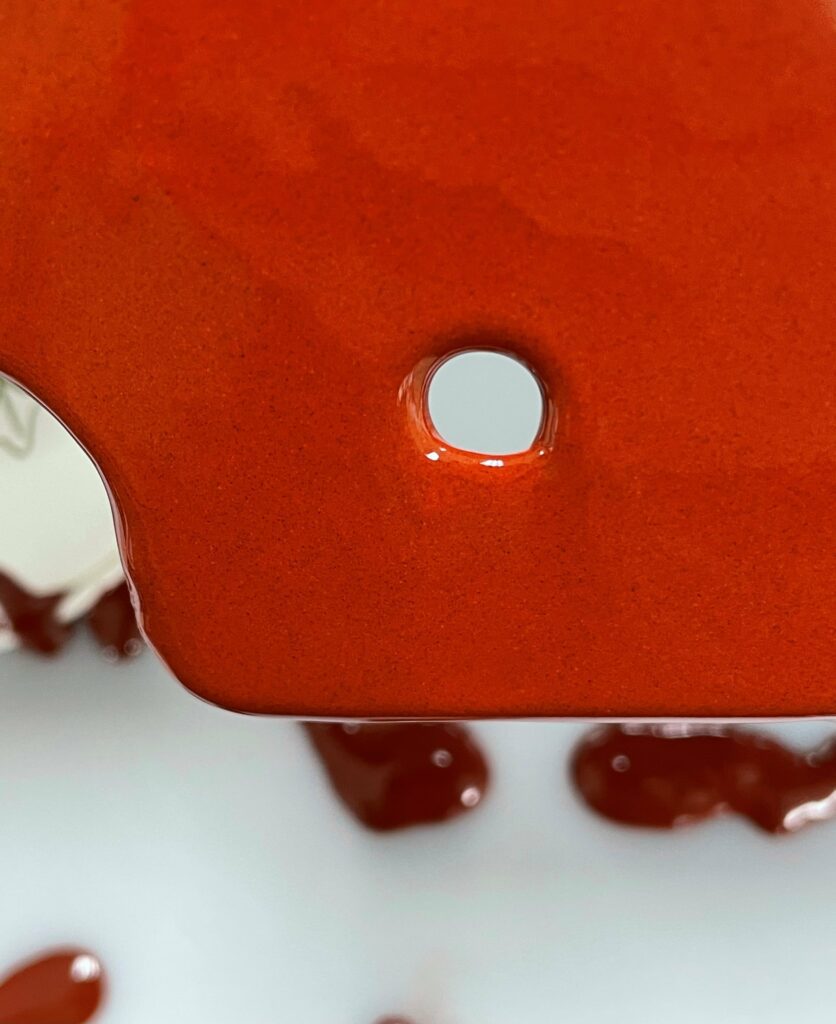Introduction
What is abrasion? How do I reduce the effects of abrasion?
Let’s use the abrasion definition most accepted in the industrial marketplace: Abrasion is the process of wearing away a material through friction or in more practical terms, when a hard rough surface slides across a softer surface. Abrasive wear is a major concern in many industrial applications including mining, petrochemical, cement plants, power plants, pulp and paper mills, chemical plants and food processing industries. Abrasion wear and abrasion weathering cause significant damage to working structure surfaces and process equipment, leading to expensive repairs and downtime. Fortunately, there are abrasion resistant coatings that provide protection against abrasive environments and extend the service life of equipment and structures.
Two of the most popular types of abrasion resistant coatings are epoxies and polyurethanes. Here, we take a closer look at each of these coatings and their properties.

Abrasion Resistant Epoxy Coatings
Epoxies are a type of chemically crosslinked or thermoset polymer structure that are commonly used as coatings due to their excellent adhesion, chemical resistance, and mechanical properties. Epoxies can be formulated to provide excellent abrasion resistance, making them ideal for applications where heavy wear and tear are expected.
Abrasion resistant epoxies typically contain inorganic fillers which provide additional hardness and wear resistance. These coatings can be applied in a single layer or multiple layers to achieve the desired level of protection.
One of the main advantages of using abrasion resistant epoxies is their ability to provide strong bonds to a variety of substrates, including concrete, steel, and other metals. This makes them a popular choice for use in industrial settings such as factories, warehouses, and processing plants where corrosion on tanks, structures, pipelines and environments with high slurries are found.
Abrasion Resistant Polyurethane Coatings
A polyurethane coating is generally more flexible and pliable than an epoxy. They can be formulated to provide a wide range of properties, including high abrasion resistance. Polyurethane coatings are commonly used in applications where there is a high degree of abrasion or wear or even impact, such as in marine environments or in heavy machinery. Erosion and corrosion resistance are crucial in these areas.
An abrasion resistant polyurethane coating typically contains a high concentration of flexible backbones, which provide excellent toughness and resistance to wear. These coatings can also be formulated to provide other desirable properties, such as chemical resistance or UV stability. and they come in various colors to adapt to a number of applications, though a black coating is most common.
Polyurethanes coatings are not only directly used on infrastructures, bulk storage tanks and processing equipment, but are also often used as topcoats over other coatings, such as epoxies or primers, to provide additional abrasion resistance and protection. They can also be used as standalone coatings in applications where the primary concern is abrasion resistance.
Conclusion
Abrasion resistant epoxy polymer and polyurethanes coatings are both excellent options for protecting various surfaces and processing equipment from wear and tear. The choice of which coating to use will depend on the specific application and the desired properties, such as particle size, concentration, flow rates, chemical resistance or UV stability. By selecting the appropriate abrasion resistant coating, you can extend the service life of your equipment and structures thereby lowering maintenance cost and reducing equipment downtime.
By: Christian Rodriguez, Sr. Technical Product & Application Specialist
Contact our Technical Services Department for more information on which Devcon coating solution is most suited for your maintenance and repair applications.
View all our Technical Data Sheets and Safety Data Sheets. Need some help? Ask a technical question and find a solution!
Further reading: Durability With Devcon® Protective Coatings: Proven In Multiple Industries and The Top Four Types Of Wear Impacting Industrial Equipment.
For more stories like this, follow ITW Performance Polymers on LinkedIn and sign up for enewsletter in our website footer.

